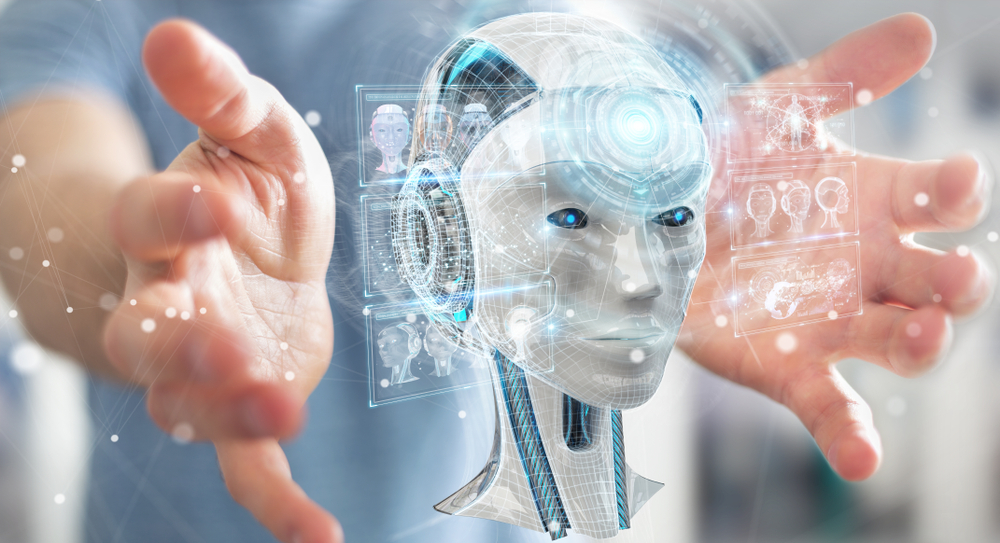
How AI is reshaping leadership roles? This question is no longer hypothetical it’s the new reality in the evolving business world. Artificial Intelligence is not just revolutionizing operational efficiency or decision-making processes; it’s fundamentally altering the way leaders lead. From transforming communication dynamics to automating routine managerial tasks, AI is prompting a profound shift in executive roles across industries.
The rise of AI-powered tools such as machine learning algorithms, predictive analytics, and generative AI platforms has ushered in a new era of workplace dynamics. These technologies empower leaders to make faster, data-informed decisions while simultaneously demanding a new set of competencies that prioritize adaptability, ethical judgment, and emotional intelligence.
From Command to Collaboration
Traditional leadership often centered on a command-and-control approach. However, AI’s integration into the workplace requires a more collaborative mindset. Instead of simply directing teams, modern leaders must foster environments where human intelligence complements machine intelligence. That means creating cultures of trust, continuous learning, and innovation.
AI can handle vast amounts of data at speeds no human could match. For example, tools like IBM Watson can analyze complex datasets and provide insights that help leaders anticipate market trends, customer behavior, and operational risks. As AI takes over more analytical and repetitive tasks, leaders are freed to focus on higher-level strategic thinking and human-centered decision-making.
The Soft Skills Surge
Ironically, as technology becomes more intelligent, soft skills are becoming more critical than ever. Emotional intelligence, empathy, active listening, and cultural awareness are now essential traits for leaders. AI cannot replicate human empathy or the nuanced understanding required to manage diverse teams at least not yet. Thus, the human element remains irreplaceable in leadership.
This shift puts a spotlight on leadership development programs that incorporate emotional and social learning. Companies are rethinking executive training to include conflict resolution, inclusive communication, and resilience all crucial as AI changes the speed and style of workplace interactions.
Redefining Decision-Making
AI’s ability to sift through and interpret massive datasets is reshaping how decisions are made at the executive level. Gone are the days when leaders had to rely solely on gut instinct or fragmented reports. AI brings clarity and predictive accuracy, enabling data-backed decisions that can significantly improve business outcomes.
Yet, this also raises ethical questions. Leaders must now grapple with AI bias, data privacy concerns, and algorithm transparency. They must be equipped to challenge AI-generated insights when necessary and ensure that their organizations use AI responsibly. According to the World Economic Forum, ethical leadership in AI deployment will be one of the defining challenges of the next decade.
Human-AI Synergy
One of the most promising aspects of AI is its potential to augment human potential rather than replace it. Leaders must embrace this synergy, using AI to enhance human creativity, productivity, and satisfaction. For example, AI can analyze employee engagement data to help leaders create better work environments or personalize professional development paths.
Forward-thinking organizations are already integrating AI tools to streamline project management, improve recruitment processes, and foster innovation. Leaders who are early adopters of such technologies often gain a competitive edge not just in productivity, but in talent retention and brand reputation.
The Employee Benefits Security Administration (EBSA) is a division of the U.S. Department of Labor dedicated to safeguarding the retirement, health, and other workplace-related benefits of American workers and their families.
Preparing for the Future
To stay ahead, leaders need more than technical knowledge; they need a future-ready mindset. This includes a willingness to experiment, accept failure as part of innovation, and continuously reskill. As AI evolves, so must leadership philosophies.
Organizations should invest in leadership development that addresses AI literacy, change management, and ethical responsibility. In doing so, they empower their leaders to navigate complexity with confidence and lead teams into the next era of digital transformation.
Conclusion
AI is not just a technological trend it’s a transformative force that is redefining leadership as we know it. By embracing emotional intelligence, ethical responsibility, and collaborative innovation, leaders can thrive in an AI-augmented world. The future of leadership is not about choosing between humans and machines, but about designing a workplace where both can excel together.
